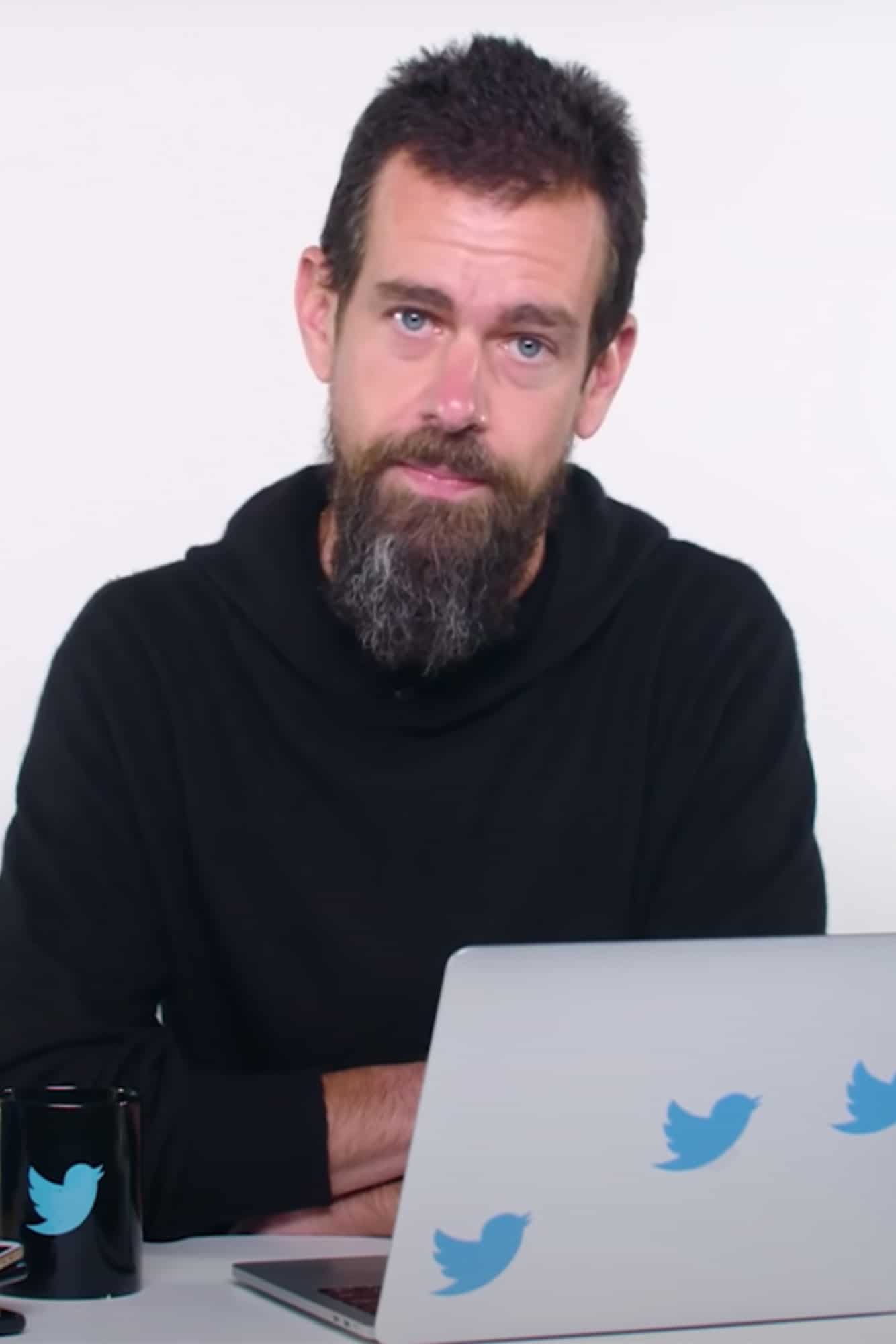Justine Roberts has spent over two decades building a forum for women and parents and in that time, it has also proved itself to be a force in UK politics.
The founder of Mumsnet launched her business in 2000, and the website was originally conceived as a space where parents could seek advice, ask questions anonymously and speak openly about the challenges of parenthood.
The online community is now the largest digital network for parents in the UK, with eight million users and 1.2 billion page views per year. Its userbase has fully bought in to Roberts’ mission to raise women’s voices and encourage honest conversation. While the core focus of Mumsnet remains the same as it did at its inception, its power stretches far beyond its own platforms. The proof? Not only is Mumsnet a key political campaign stop for party leaders but its forums and polls make national news and can dominate conversation on Twitter.
Speaking of polls, Mumsnet asked more than 1500 users who they wanted to win the Tory leadership contest this summer. The results were released on 18 July and revealed Tom Tugendhat was the favoured candidate, just beating Penny Mordaunt. Lizz Truss came last in the vote, just behind Rishi Sunak.
You may also like
“I think users favoured Tugendhat and Mordaunt because they are slightly detached from Boris Johnson,” Roberts said, adding, “they’re also very centred on this notion of integrity and trust. People are looking for a change.”
While the outgoing Conservative leader has made various appearances on the forum – most recently in an interview with Roberts, who asked Mumsnet users’ questions and voiced their concerns about the goings on at Number 10 – she admits his popularity has taken a hit, thanks to the “partygate” scandal.
Tugendhat was eliminated from the Tory leadership race after receiving just 31 votes in the third ballot of Tory MPs, and while the Mumsnet CEO wasn’t able to give a definitive answer on who its users will back now, she said the remaining candidates – Truss and Sunak – shouldn’t overlook the power of the platform.
Johnson isn’t the only political figure to recognise Mumsnet’s influence. In 2006, David Cameron became the first politician who stepped up to be grilled by its users and Keir Starmer hosted a webchat in 2020 in a bid to “woo the women’s vote”.
View this post on Instagram
As an organised group of predominantly mothers – a demographic often neglected by politicians – Mumsnet users are seen as being winnable voters rather than hardline party loyalists. “There is a perception in politics – which is borne out by the actual facts – that women tend to be less tribal in their voting,” says Roberts. “In other words, their votes are more up for grabs.”
But who are the Mumsnet users? Roberts shared they are aged 18- and 45-years-old, with 79% of users in paid work.“Mums use the forum to make decisions about everything – from the mascara they buy to the politicians they vote for. It’s a great place to have an honest conversation and meet all kinds of opinions in a civilised environment.”
She accredits the platform’s dedication to anonymity for enabling users to speak openly about often controversial and divisive topics. “We’ve always allowed people to be anonymous so they can ask the questions that they couldn’t ask on other platforms because they wouldn’t want their mother-in-law or their boss to see.”
Many have praised the platform for its unbridled truth. Others have been quick to criticise the business for becoming a hotbed for online abuse.
View this post on Instagram
It is hardly alone on this issue – Twitter has long faced accusations that it does not deal with abuse or harassment effectively. Online spaces are under more pressure than ever to manage offensive and harmful posts, something Mumsnet has come under fire for.
In 2021, the UK government published a draft of the Online Safety Bill, a landmark piece of legislation aiming to protect people on the internet by removing hate speech. This suggests that moving forward, anonymity may not be an option.
Roberts expressed her concerns about this on Twitter, arguing it would have “catastrophic implications for free speech” and would risk “shutting down women’s voices”. She takes pride in the community’s commitment to free speech, authenticity and utility, and recommends brands take the same approach when trying to connect with the Mumsnet audience, by understanding the userbase and solving their problems.
“We do a lot of insight so people can actually understand what their needs are within their vertical or sector,” says Roberts. “There is a huge amount of chat and concern about the cost of living and people being able to afford Christmas already.”
Looking to the future, Roberts maintains her promise to provide a civil space, promote ideological diversity and cater to the needs of users. While she hinted at venturing into the world of podcasts and video-based content, forums, discussion and helping women navigate motherhood comes first. And that is a powerful thing.
By Abby Oldroyd, staff writer at CORQ. Picture credit: Mumsnet via Instagram










